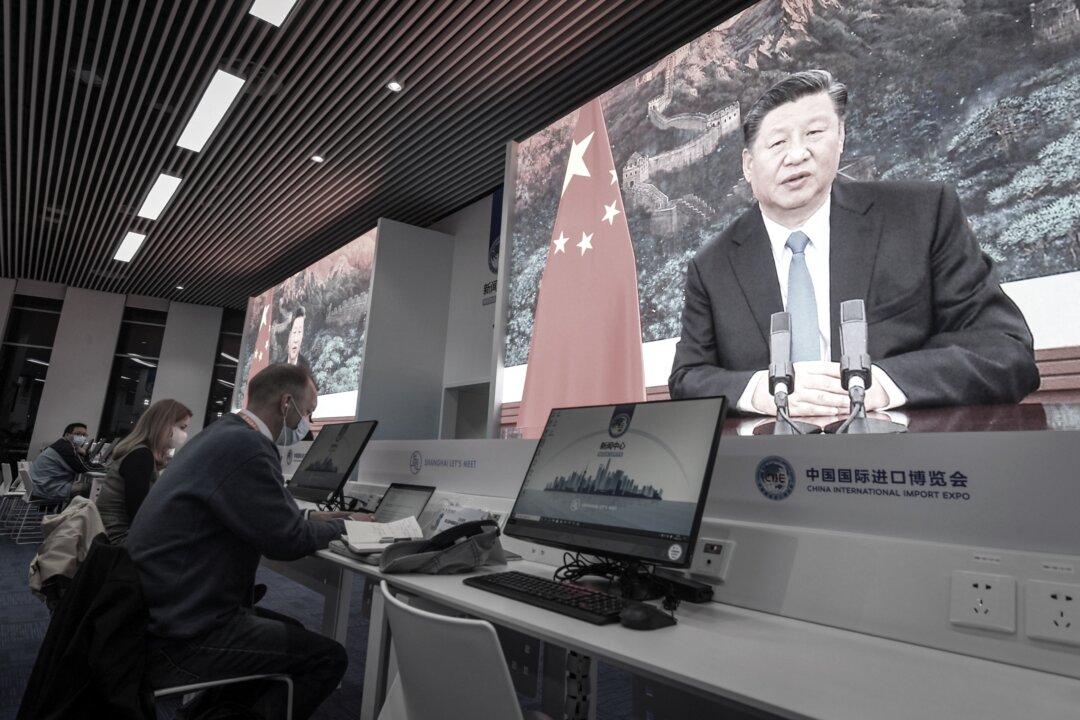A group tied to Beijing has organized trips to China for more than 120 journalists from almost 50 U.S. media outlets since 2009, as part of a broad campaign to deepen the Chinese Communist Party’s (CCP) influence in the United States.
Called the China-United States Exchange Foundation (CUSEF), the group is a Hong Kong-based nonprofit headed by billionaire Tung Chee-hwa, a Chinese regime official. Tung was formerly the Chief Executive (top government leader) of Hong Kong and is currently a vice-chairman of the CCP’s political advisory body, the Chinese People’s Political Consultative Conference. CUSEF is registered as a “foreign principal” under the Foreign Agents Registration Act (FARA).






